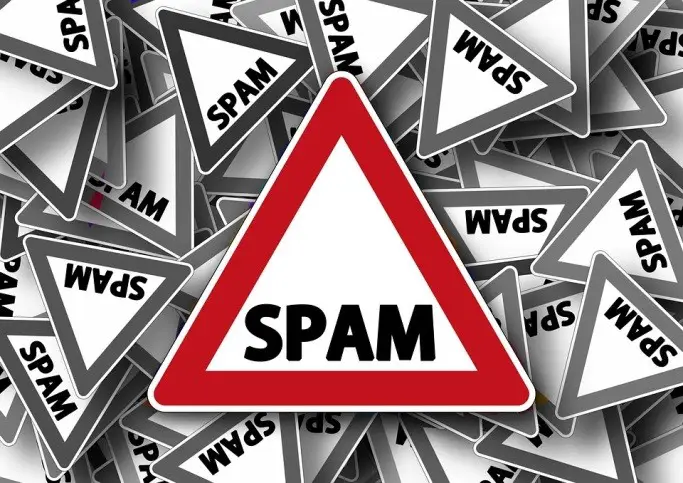Google aims to create a spam-free user experience, while offering the highest quality results for any searches. To maintain this quality, Google has been taking relevant action, ‘Webspam’ to put a stop to the degrading search experience on the websites that violate the guidelines of Google. Eventually, offering high-quality pages in their search results is what makes Google as the most sought after search engine.
Unfortunately there are many harmful malware, spam and annoying bots, which worsen the user experience. While Google can’t remove this entirely, they have devoted resources to combat the spam attempts of any type.
Every year, Google releases a report on the advancements they have made to fight the spammers and the steps they’ve taken to offer a better experience for users. During the month of March 2019, Google released its Webspam Report for 2018, which focuses on the areas it recorded the maximum internet spam, and what actions they had taken to limit the spammers.
The report features on the three main Webspam trends, which Google perceived in 2018, it also discusses about why the changes were made and what modifications were done during the year 2018 and how it might affect the SEO strategy.
- Spam on Hacked Websites
Google stated that, they had seen a massive reduction of spam generated from hacked websites in the search results. This trend sustained in 2018 with quick identification of the hacked webpages before they could even manipulate the search results.
We never consider spam to be a direct threat to the business. But Google had witnessed several cases of spammers hacking into the business websites to integrate malware or to negatively affect search results. Since Google identified the obvious potential of the hackers to cause real damage to the website, Google emphasised more on this issue in 2018. To put this in other words, the Google’s systems have been enhanced to encounter the issue and resolve it at the earliest. Still Google has affirmed that even if they are able to find out the issues easily, they can’t prevent the hackers who come with innovative methods.
The important fact is, this issue still exists. Even after the progression of the systems, the betterment of the website security over the years and even after following the best procedures there is no guarantee that the issue is resolved. Still it is advised to carry out routine checkup of the security levels, regulate the user access and have an action plan if your website gets hacked.
- User-generated Spam
User-generated Spam, are the spam posts on forums, email spams, and every spam accounts on the blogs or other platforms. These are usually created by bots, but can be real people too. Google outlines the user-generated spam as the communication, which is not meant to inspire the human beings, and they add no value to the users.
Nowadays, many blogs have put in a ‘captcha form’ and deactivated the comments section to obstruct the spam efforts. This type of spam can be harmful too, simply when the posts have links that contain malware, and can harm the users. In the year 2018, Google had cut these types of spams down by 80% with its efforts. Still, as website owners it is your duty to ensure that your website is protected from this type of spam! Get the help of SEO Experts to help you escape the User-generated Spam.
- Link Spam
Authoritative and relevant links determine the ranking signal for Search. Yet, some use this ranking signal to put negative SEO practices to use, meaning they harm another website intentionally using Google’s algorithm. Imagine your competitor sharing links to your website from other spammy websites? It will tremendously pull down your website’s overall domain authority. During the year 2018, Google also witnessed users attempting to hack the algorithm by sending links from anywhere to increase the number of backlinks. Google has stated that to fight spams, you need to rank better by creating quality and informative content. This will naturally get people to link back to it as a reference.
Google had sent 186 million messages in the year 2018, of which 96 million were delivered, when compared to 45 million messages that were sent in the year 2017. If your website is one among them, get the help of a professional SEO company that focuses on improving the domain authority of the website in the best way.
Top SEO Sydney focuses on improving your brand image with smart keyword research, effective back link audits, valuable website analysis, and helps boost the page speed, content marketing and much more. They offer 100% white hat SEO services carried out by experienced professionals. Call (02) 9764 4024 or visit https://www.topseosydney.com.au/ for more details.




 '
'